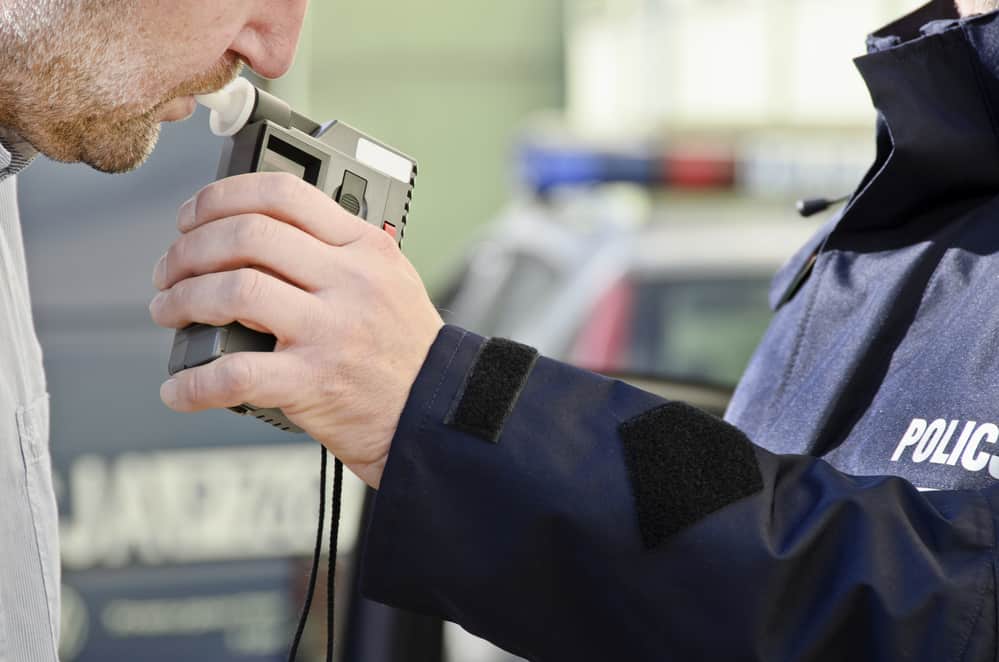
Refusing a Blood or Breath Field Sobriety Test: What REALLY Happens
During a traffic stop, an officer may ask a motorist to take a breath or blood test if there is reasonable suspicion that the motorist is drinking and driving. Refusing to submit to field sobriety tests can result in severe consequences for Texas motorists.
Implied Consent Law
Texas has an “implied consent” law in which a driver is assumed to give his or her consent to be tested for alcohol use just by operating a motor vehicle. If an officer makes a lawful traffic stop and has probable cause to believe an individual is intoxicated, he or she can order a blood or breath test be administered.
Refusing a Test
Since consent is implied simply by operating a motor vehicle, Texas law provides stiff penalties for those who refuse alcohol tests. An individual’s license can be suspended for up to 180 days, and the fact that he or she refused a blood alcohol test can be admitted as evidence in court.
Some drivers may not have the right to refuse a test. A few circumstances where this could be the case are:
- When there is an accident resulting in injury or death
- The suspect has a child passenger
- The driver has two or more previous convictions
- The motorist is unconscious
Stipulations
When requesting an alcohol test, officers must follow certain protocol:
- Notifying the individual in writing as to the consequences of refusal
- Notifying the accused about the consequences of testing over the legal limit
- Allowing an arrested person to have a blood test taken within two hours of an arrest
After a Refusal
Those who refuse alcohol testing will have their driver’s license seized by law enforcement. A temporary permit will then be issued, which is good for 41 days. Before that time elapses, an administrative hearing may take place in order to determine if the suspension should be permanent. Defendants must request an administrative license revocation (ALR) hearing within 15 days after their arrest; otherwise, the suspension will be permanent by default.
During the administrative hearing, individuals will have an opportunity to show that the arresting officer did not have probable cause to make a traffic stop or arrest. They can also challenge the fact that they actually refused an alcohol test. An administrative law judge will then make a decision, and the evidence presented at this hearing can later be used during criminal proceedings.
To learn more about the consequences of refusing a blood or breath test, talk to attorney Brett Podolsky at 713-227-0087 for more information.
